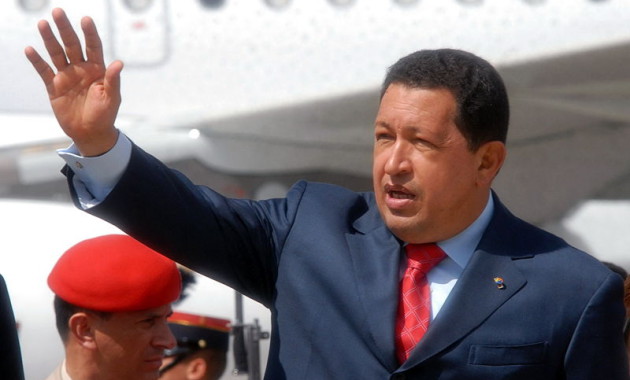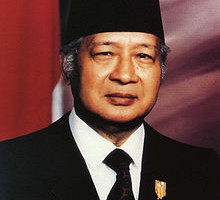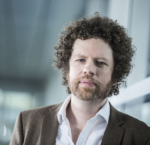The Politics of Eulogies: Contrast Hugo Chavez and President Suharto

The obituaries of major political figures are a defining moment where double standards are displayed in unashamed glory. Those who are our friend, who supported our governments and economic interests, are benevolent visionaries, albeit with minor flaws; those who shunned the dictates of Western governments are pariahs, divisive figures, demagogues and dictators.
No guesses which category Hugo Chavez will fall into. Despite being elected by a majority in Venezuela, through free and fair elections, monitored by international civil society; and despite making leaps and bounds in the areas of poverty reduction, education and inequality, he will be treated by many Western leaders and commentators as a divisive figure and a firebrand who harmed Venezuela’s democracy and economy – which is doublespeak for our interests.
These characterisations will grate against the honeyed commentary which followed the death of another major political figure – from the opposite side of the political fence – Indonesian President Suharto. Suharto – who came to power through a military coup – has the rare distinction of presiding over two massacres that can be measured in the six if not seven digits.
The first took place after Suharto’s 1965 coup. Following his accession to power, Suharto, with the complicity of the US, Australian and the UK governments, had hundreds of thousands, if not millions, on the left slaughtered by marauding bands of death squads. Then in 1975, Suharto invaded East Timor. On this occasion, the Indonesian military is reported to have killed almost a third of East Timor’s population.
Yet following Suharto’s death in 2008 the accolades soon flowed in. Former Australian Prime Minister, Paul Keating, wrote in The Sydney Morning Herald: “More than any figure in the post-Second World War period, including any American president, Soeharto, by his judgment, goodwill and good sense, had the greatest positive impact on Australia’s strategic environment and, hence, on its history”.
And what of the slaughter that followed Suharto’s accession to power? Keating argued: “Had Soeharto’s New Order government not displaced the Soekarno government and the massive PKI communist party, the postwar history of Australia would have been completely different. A communist-dominated Indonesia would have destabilised Australia and all of South-East Asia.”. Many cold war warriors still cling to this hollow apology for mass extermination.
These indefensible justifications were echoed in certain media outlets, though certainly not all. For example, in a Financial Times obituary, it was claimed: “In the chaotic years after he left office in May 1998 and retired to his family compound in the leafy streets of Jakarta’s diplomatic precinct, most Indonesians have come to view his rule with more nostalgia than anger. Whatever misdeeds his three decades of rule brought, whatever curtailments of human rights they saw, Suharto’s rule brought stability and a welcome prosperity to a turbulent and impoverished country”.
Rarely did Suharto’s brutal suppression of West Papua, ever receive mention, let alone condemnation in the eulogies that followed his death; this grave crime continues today. But political friends did reflect on Suharto’s invasion of East Timor.
For example, the following flattering account – by a former Australian diplomat Richard Woolcott – appeared in Murdoch’s The Australian: “It was only after the breakdown of Portuguese decolonisation policy in 1974-75 and when the prospect emerged of a left wing, independent but aid-dependent mini-state within the Indonesian archipelago, at the height of the Cold War, that he agreed to his military advisers’ firm recommendations that the colony must be incorporated, if necessary by force”. Woolcott adds: “Strident criticism, especially from the political Left, of Suharto as a brutal, corrupt military dictator ruling an expansionist Indonesia has always been exaggerated”.
Over the coming days and weeks, plenty will be said on Chavez. Some analysis will be fair and well researched; other accounts will pass through the distorting lens of Western interests. As the case of Suharto demonstrates, this lens can play optical tricks, indeed millions can be wiped from the record.











































